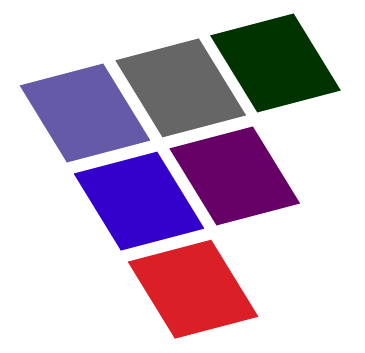It’s official – Fortran 202X has entered the “Committee Draft” phase in its development. This is one of the last few steps in the process of creating a new (or revised) ISO standard. To get here, all of the ISO National Bodies (INCITS PL22.3, informally “J3”, is the US National Body) had to agree that the draft was ready, but they also could (and some did) make comments that will have to be reviewed.
Normally I would use this space to list a bunch of things that were new or changed in the standard, but John Reid, (the previous WG5 Convenor), has once again stepped up and created an excellent document, The New Features of Fortran 202x, so go read that instead.
The next steps are for the committee to review the comments, most of which were editorial in nature (repeated words, missing text, etc.) That will happen at our next meeting in July 2022. This process creates edits that will result in a “Draft International Standard” (or DIS). This will also go out to the National Bodies for review and comment, a process that takes a couple of months at least. It’s possible, but unlikely, that no further edits will be needed and that the DIS can become the “Final Draft International Standard” (FDIS). More likely is that a new FDIS document will be required. This also goes out for an ISO vote, and if there is sufficient approval, it becomes a published International Standard. Yay!
The timeframe for this process is expected to conclude in early 2023, so I have proposed that we call this new revision Fortran 2023 as its informal name. Formally, it will be ISO/IEC 1539-2023. As John Reid points out in his document, this is another “small revision” which, while it has a lot of useful new features, doesn’t have any “really big” ones. In particular, while we had hoped to be able to put generic programming into Fortran 202X, it wasn’t ready in time, and we’ve deferred it to the next revision that we’re calling Fortran 202Y.
We did, however, start work on generics and have made a good head start on it, so it seems probable that it will get done for 202Y. There are many other ideas already being explored; a good place to see what people have suggested, or to suggest your own, is a Github repository called Fortran Proposals. Check it out!
